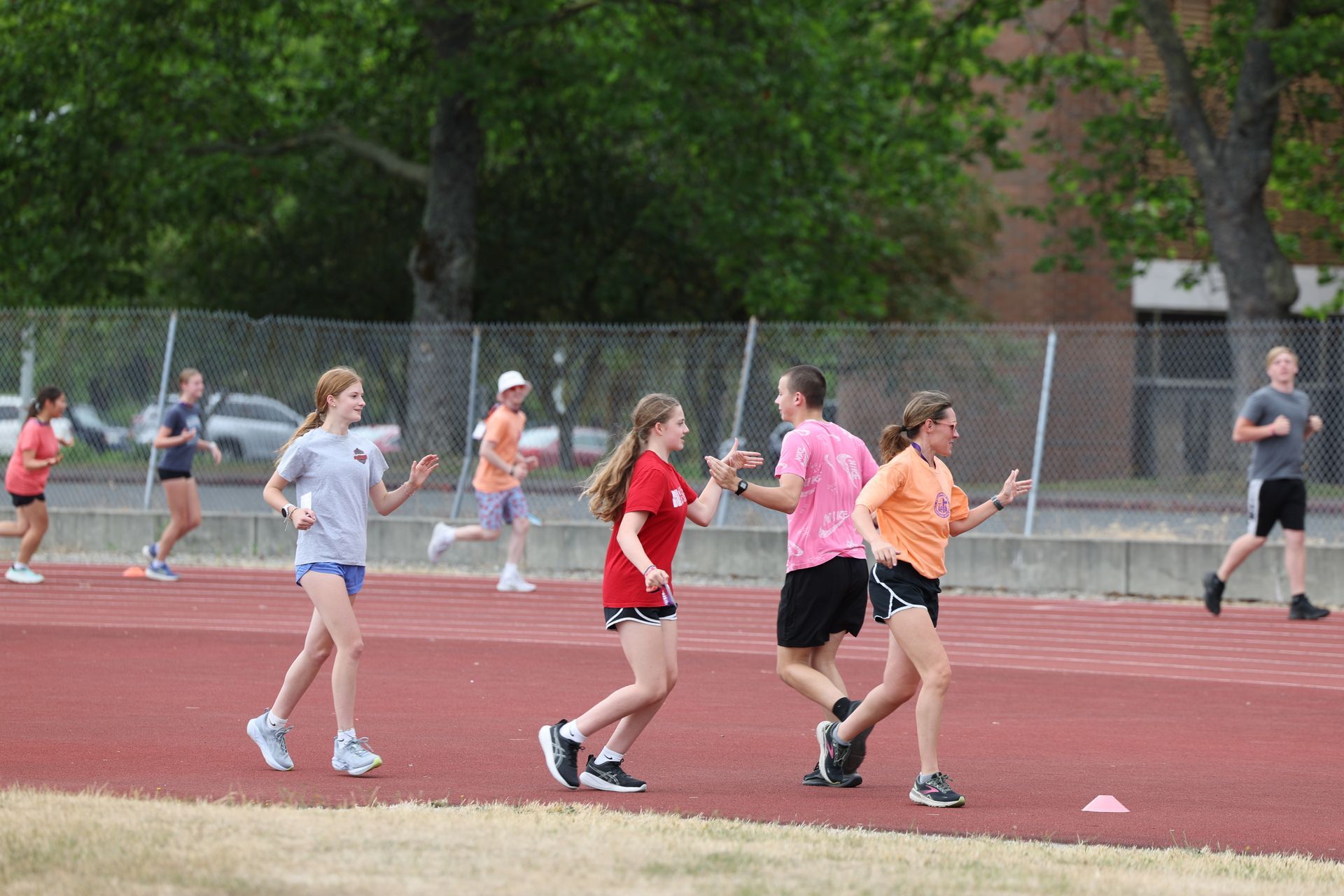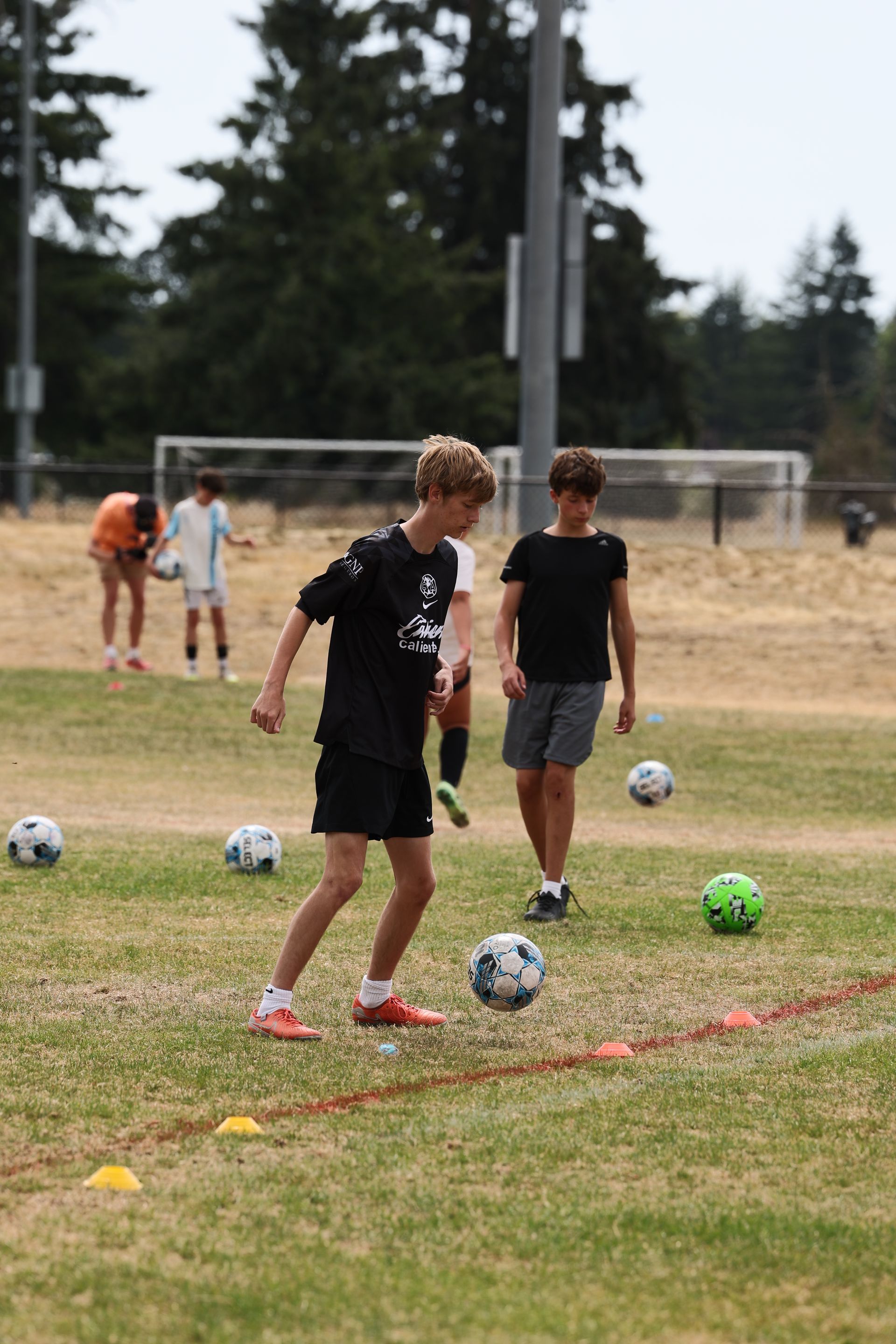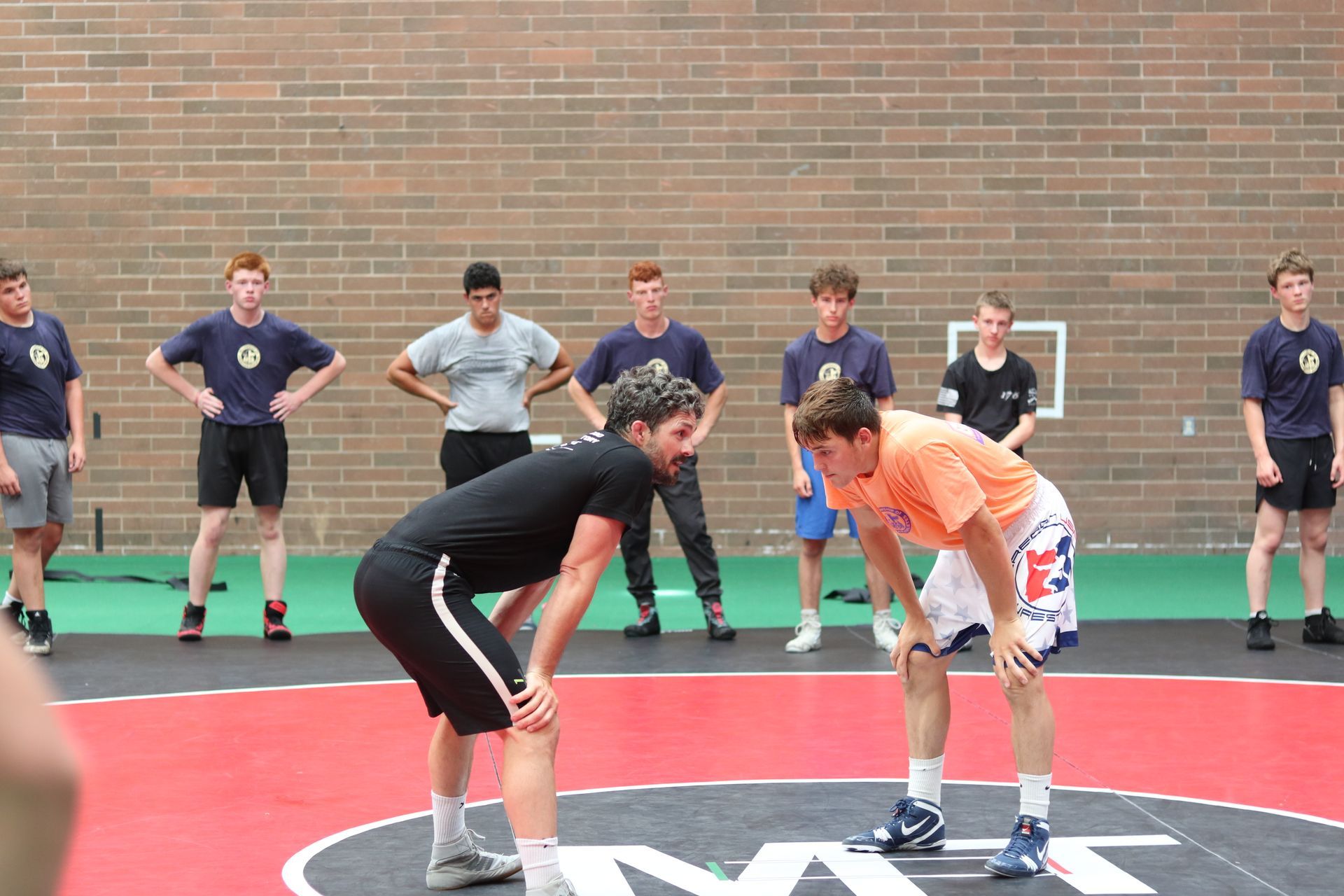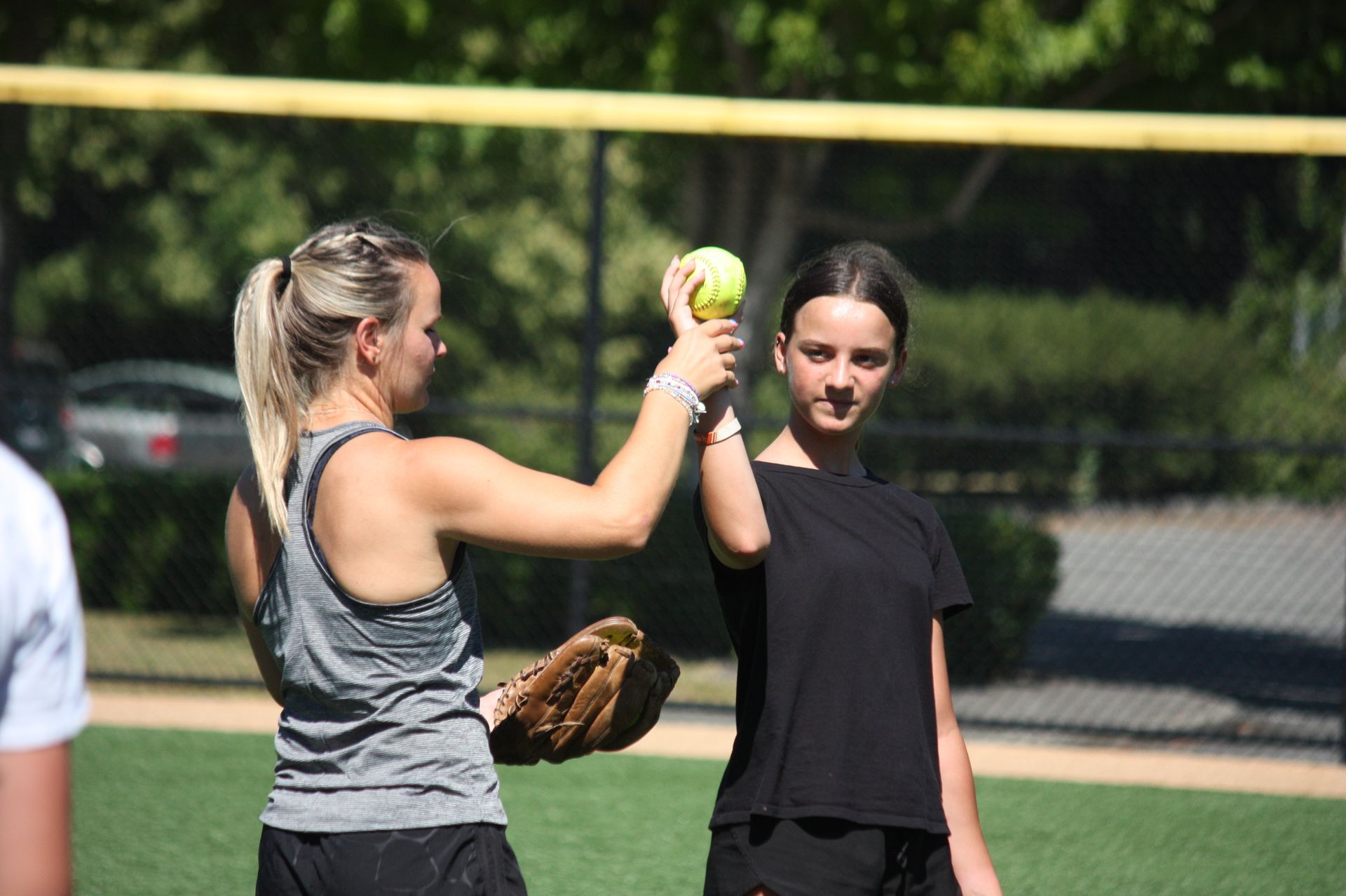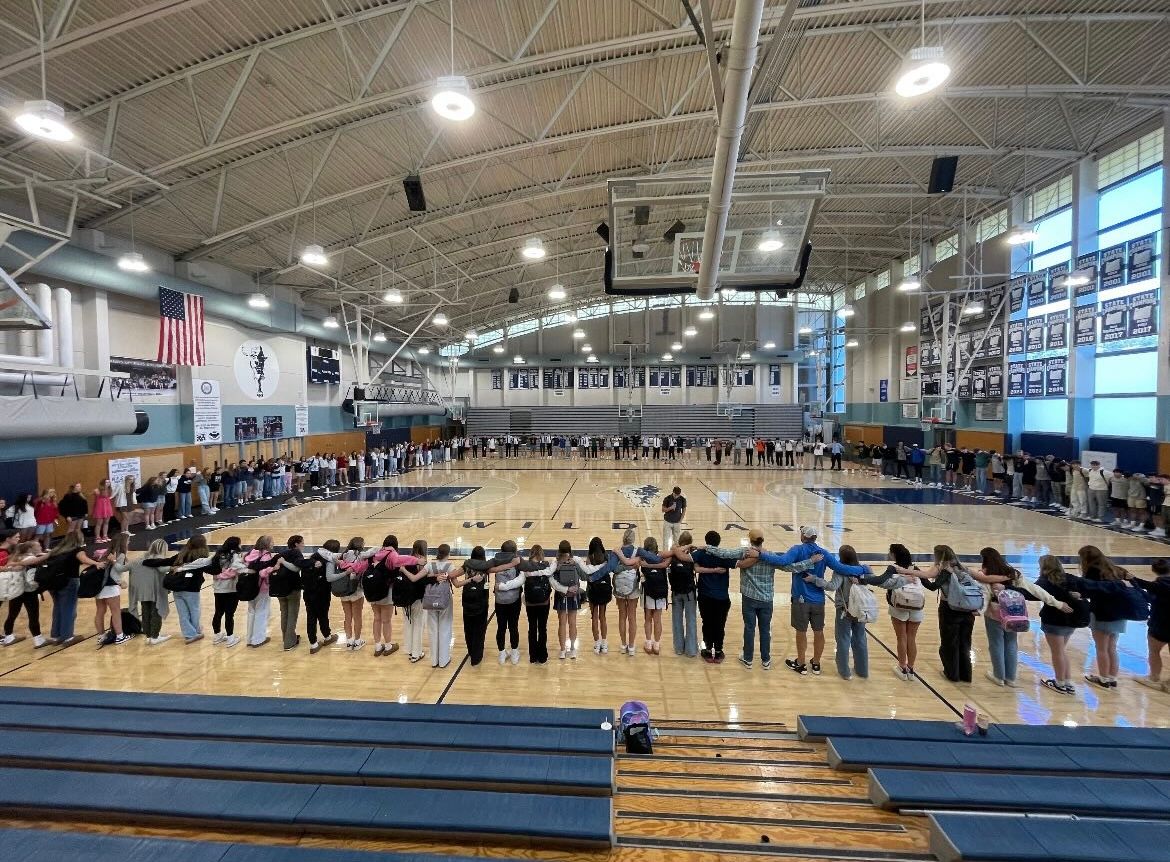
When Athletes Fail Publicly: Coaching with Grace and Restoration
"Brothers and sisters, if someone is overtaken in any wrongdoing, you who are spiritual, restore such a person with a gentle spirit, watching out for yourselves so that you also won’t be tempted." — Galatians 6:1
In the world of youth sports, failure is inevitable. A missed play, a technical foul, a poor decision on or off the field—it happens to every athlete at some point. But when that failure is public and embarrassing, the weight can be crushing, especially for young athletes still forming their identity.
As coaches, we have a unique opportunity to demonstrate the redemptive love of Christ in these moments. Our response to public failure can shape how athletes see themselves, how they view authority, and how they understand the heart of God.
1. Remember the Goal: Restoration, Not Shame
Galatians 6:1 reminds us that our role is to restore, not to punish. Yes, accountability matters. Yes, discipline may be necessary. But the goal is always to lead the athlete back to a place of wholeness, not to rub their nose in failure.
Ask yourself: Does my tone and body language invite healing, or reinforce humiliation?
When your athlete is broken, they need a coach who reflects the grace of God. Speak calmly. Speak kindly. Let your correction be firm, but wrapped in love.
2. Separate the Moment from the Person
Failing in public can cause athletes to internalize shame: "I messed up" quickly becomes "I am a mess-up."
Your voice can interrupt that spiral. Instead of saying, "You embarrassed the team," say, "That decision hurt the team—but that’s not who you are."
Remind them: their identity is not rooted in performance, but in being a child of God (Romans 8:16).
This doesn’t mean ignoring mistakes. It means addressing them without crushing the spirit.
3. Help Them Process with Perspective
After a public failure, emotions are high. Shame, fear, and defensiveness may surface. Create space for your athlete to reflect:
- What happened?
- What was going on in your heart?
- What would you do differently?
- What truth from God’s Word applies here?
Encourage them to turn to Scripture for perspective. Remind them of 1 John 1:9: "If we confess our sins, he is faithful and righteous to forgive us our sins and to cleanse us from all unrighteousness."
Coaching through failure becomes discipleship when we point them to the cross.
4. Model Grace in Front of the Team
Sometimes the biggest impact isn’t just how you treat the athlete privately, but how you respond in front of the team.
Do your players see you lose your temper?
Or do they see you extend patience, even when it’s hard?
By modeling grace publicly, you teach your team how to treat one another. You create a culture of restoration over rejection.
Ephesians 4:29 urges us, "No foul language should come from your mouth, but only what is good for building up someone in need."
Let your words be a balm.
5. Reinforce Their Role and Worth
A young athlete who has failed may want to retreat—from the team, from responsibility, from leadership.
Affirm their place. Remind them, "You still belong here. You are still valuable. You still have a purpose."
Isaiah 43:1 speaks God’s words over Israel, but they apply here too: "Do not fear, for I have redeemed you; I have called you by your name; you are mine."
When a player is restored with dignity, their heart heals faster.
6. Teach the Team How to Respond
Athletes can be quick to gossip, judge, or isolate a teammate who made a mistake. Use this as a teaching moment.
Read James 2:13: "For judgment is without mercy to the one who has not shown mercy. Mercy triumphs over judgment."
Challenge the team:
- Will you be the kind of teammates who shame or support?
- What does it mean to "carry one another’s burdens" (Galatians 6:2)?
Turn failure into a lesson on Christlike community.
7. Invite Redemption Stories
One of the most powerful things you can do is normalize grace by telling stories of redemption.
Share (with permission) how a former player bounced back from failure.
Share your own story of a time you blew it, and how God restored you.
Testimonies build hope. They show that failure isn’t final when grace is present.
8. Pray with and for Them
Don’t just talk about grace—invite God into the moment. A simple prayer can shift everything:
"Lord, thank You for [name]. Help them receive Your forgiveness and walk in Your truth. Remind them that they are loved and still called. Amen."
Prayer anchors grace in God’s presence. It takes the pressure off your shoulders and puts it where it belongs—on the shoulders of our Redeemer.
Closing Encouragement
Failure is never fun, but it can be fertile ground for faith. When athletes fail publicly, they’re not just looking for correction. They’re watching to see if love still remains.
Let your coaching echo the gospel: yes, there is truth and accountability—but there is also mercy, restoration, and new beginnings.
As you lead your team, remember the words of Lamentations 3:22-23:
"Because of the Lord’s faithful love we do not perish, for his mercies never end. They are new every morning; great is your faithfulness!"
That’s the kind of coach your athletes need. And by God’s grace, it’s the kind of coach you can be.
Recent Articles




